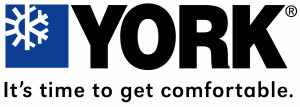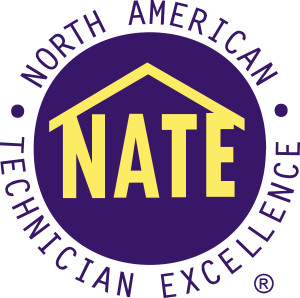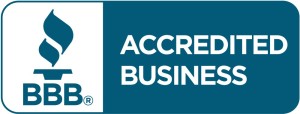Frequently Asked Questions
Comfort Control gets a lot of calls in the Charlotte area and we see the same types of problems with the same types of questions appearing all around. We want to help out and compile these together for our customers to benefit from. We hope this gives you more information on why HVAC system maintenance is important to your home to prevent a heating repair or even a new air conditioner installation. Don’t see something you need on the list? Give us a call at 704-622-3177 to talk to us personally.
Should I repair or replace my existing HVAC system?
It is always a question to consider when getting a repair if you should just get a heating replacement or air conditioner replacement and freshen up your whole system. It is best to consult the professionals we have at Comfort Control, but we advise that a repair that costs 30% of a new unit’s cost should be replaced. Also, an increase of 50% or more in your utility bill is about the time to replace your unit with a York certified unit that we offer. Our work has shown that around 44% of your home’s energy bill comes from heating and air conditioning equipment. Today’s standards have improved HVAC units to become 60% more efficient than 10 years ago.
Should I turn my air conditioner or furnace off during the day while I am at work?
It is not recommended to turn your air conditioner or furnace off during the day, but it is advised to turn them down. These units will keep air flowing through the house, purifying it in the process and evenly heating and cooling the house. This saves on utility costs by lowering the unit power usage while you’re gone but still allows the units to come back to the proper temperature when you get back home without stressing them.
How often do my filters need to be changed?
Dirty filters can increase the cost of your heating and air bill by 20%, so it is important to keep them clean and change them when they are inefficient. We recommend checking them monthly and cleaning them off, lightly with a vacuum or another preferred gentle method, and putting it back in place. After the filter has been cleaned many times, it will be noticeably worn and needs to be replaced at that point.
Should I use a humidifier in my home?
We recommend using a humidifier for the parts of winter that have the coldest weather when your furnace is running and blowing hot air in your home. The cold weather along with the furnace running sucks the moisture out of the air, leading to sore throats and stuffy noses. During the summer, when the humidity is already high, it is not recommended to run a humidifier inside as it can foster mold and mildew growth.
How do I save on my monthly energy costs at home?
No matter what your energy costs are monthly, they can always be reduced by mindful use of your air conditioner or furnace throughout the year. Be sure to set the temperature a few degrees higher in the summer and lower in the winter when you are leaving for the day to use less power heating and cooling an empty house. Wearing warmer clothes in the winter and cooler clothes in the summer and adjusting indoor temperatures accordingly can save more than most would think, as well. Keeping your filters cleaned regularly is another easy way to keep your heat pump from running constantly to circulate air against a dirty filter.
What do acronyms like SEER, HSPF, and AFUE mean to me?
These are terms used to describe the certification for efficiency of a certain type of HVAC unit. The SEER, or Seasonal Energy Efficiency Ratio, rating is a ratio of how much cooling power a unit has compared to how much energy it uses, and higher is better. The HSPF, or Heating Seasonal Performance Factor, rating shows how well the heat pump can heat per energy usage amount so higher is better here again. Finally, the AFUE is the Annual Fuel Utilization Efficiency, which is a rating for how well your furnace or even water heater performs. The higher the number, the better, as it measures thermal efficiency.






